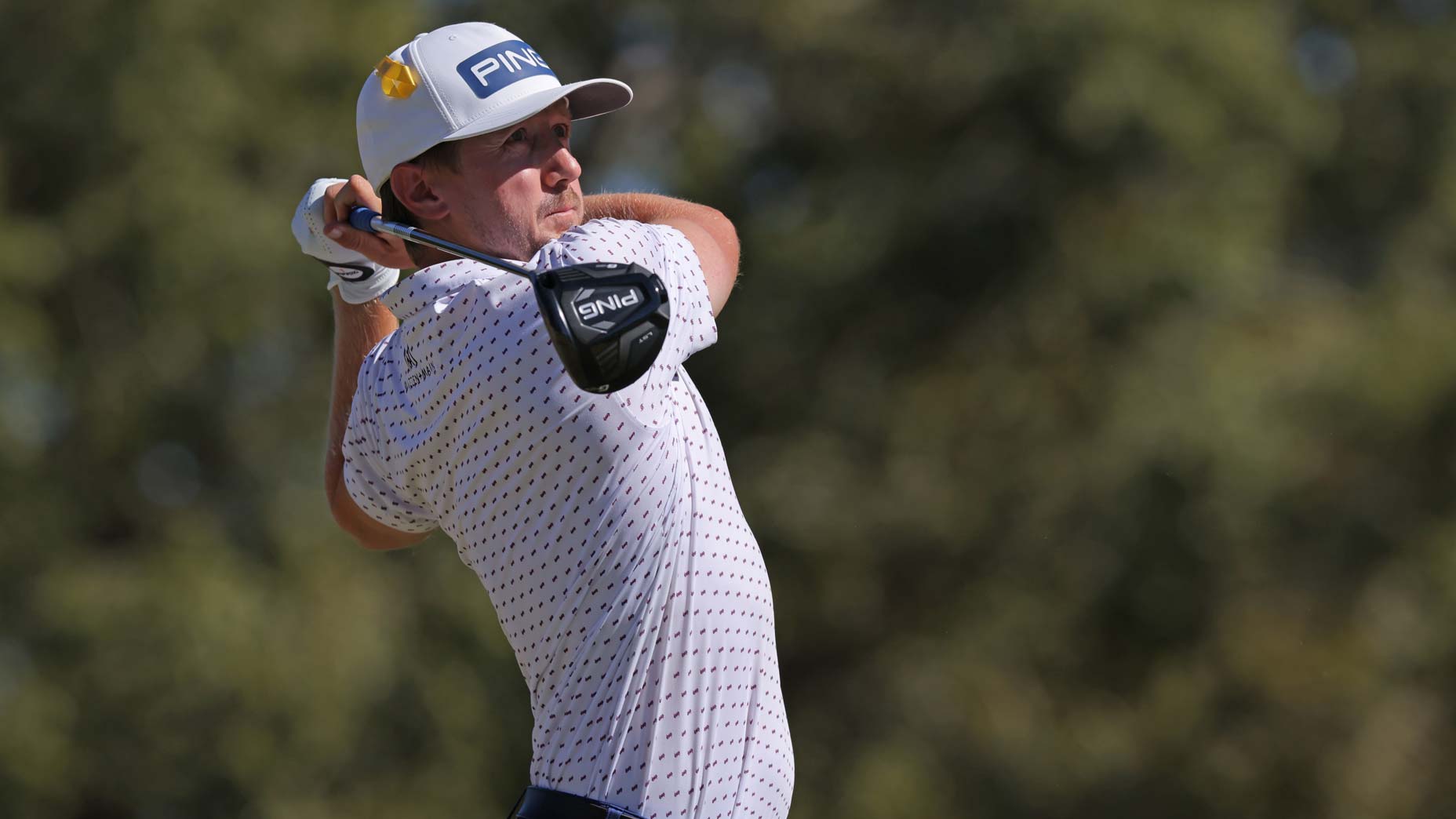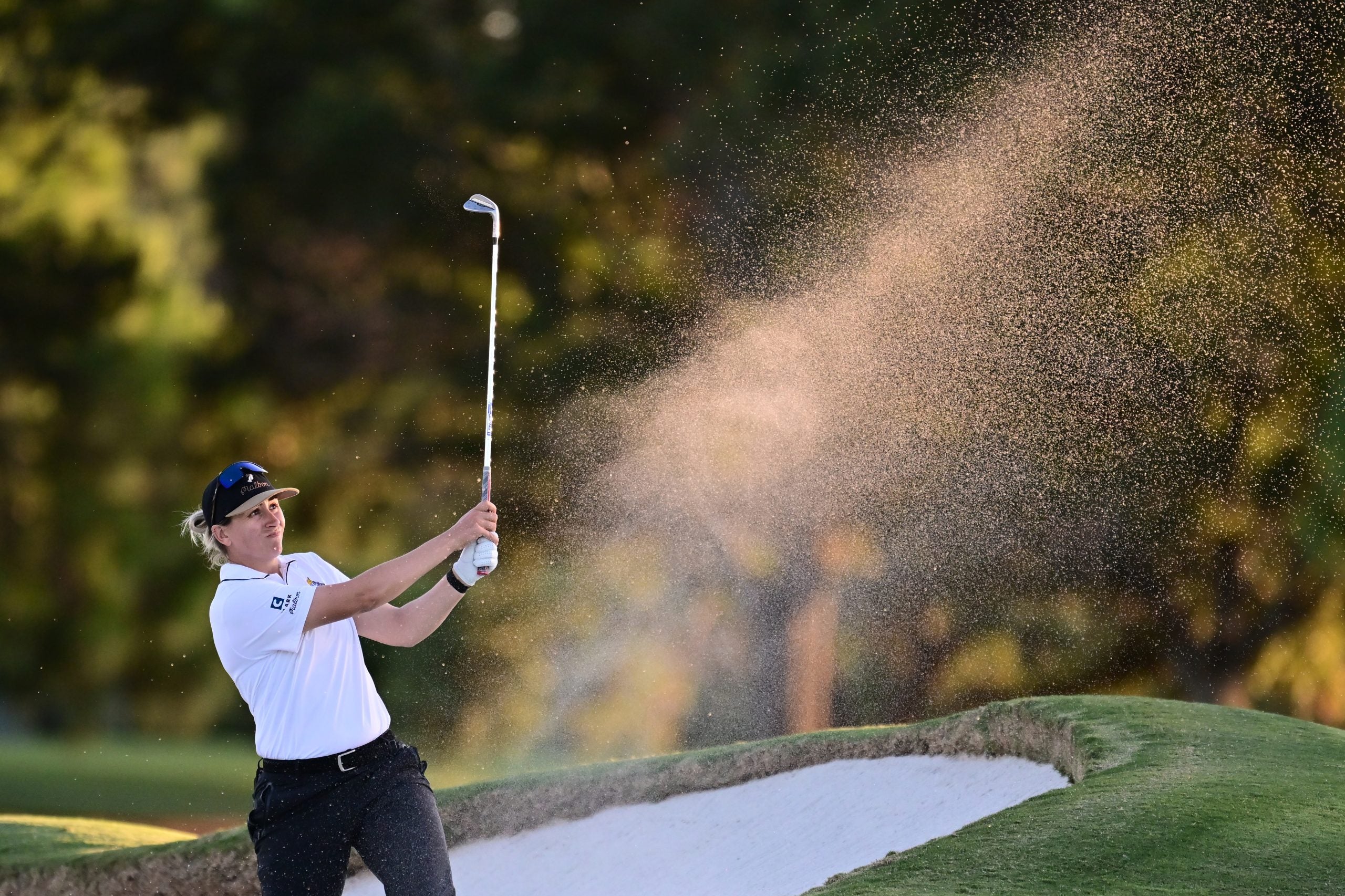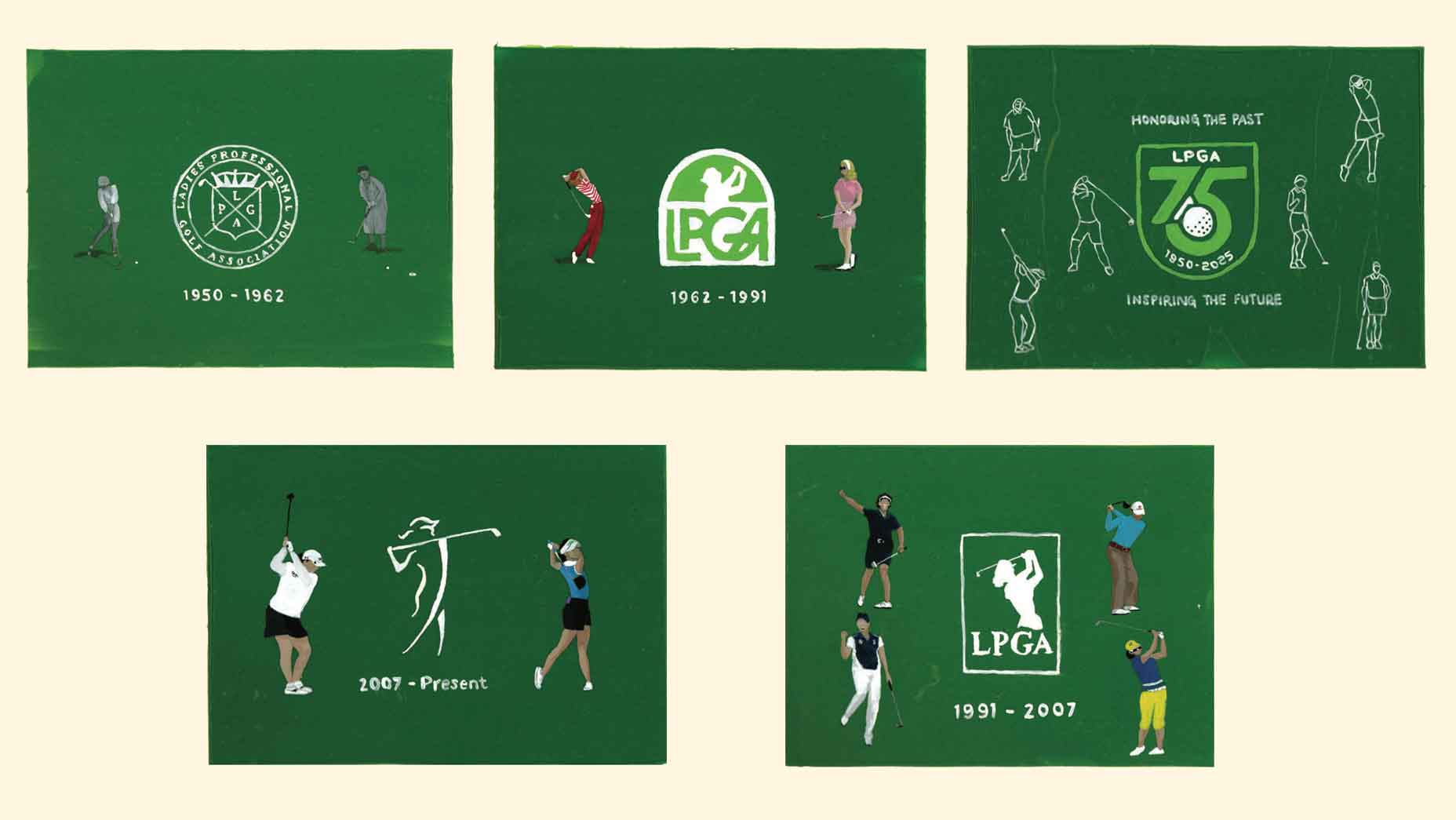NEW YORK — Watching Pia Babnik hit her driver on the driving range is much like watching a machine gun at a shooting range.
One after another, range balls pop off the clubface and and soar into the air — and she wastes no time in between shots. Just as one ball is coming to rest 275 yards away, she’s already in the backswing for her next.
‘That’s exactly why I do this:’ Mackenzie Hughes got serious about speed training. It paid offBy: Jack Hirsh
Such was the scene Tuesday afternoon at Ferry Point Golf Links in The Bronx. In preparation for the Aramco Team Series – New York, the 18-year-old plopped down in the middle of the range and rapid fired through a bag of balls with reckless abandon, her father (and swing coach) Ales carefully watching every shot.
“From a young age, she’s always been one of the fastest,” Ales said. “It doesn’t matter if it’s golf or something else in other sports. She was born with the skill, and we try not to lose it.”
It’s unclear if the term “fastest” is in regard to her swing speed, or the pace with which she can plow through a bag of balls, but from these eyes, it’s fair to say it’s both.
Babnik, standing at 5-foot-11, isn’t short on speed. Although she’s thin as a rail, her long limbs create a massive swing arc that generates tons of clubhead speed. That speed has her ranking among the longest hitters in the game. She currently ranks seventh on the Ladies European Tour in driving distance, averaging 275 yards per drive.
.@PiaBabnik is only 18 years old, but she’s already among the longest players in the game. Averaged 275 off the tee this year on LET, and the ball absolutely EXPLODES off her club face🔥 pic.twitter.com/qwQN6adMUQ
— Zephyr Melton (@zephyrmelton) October 11, 2022
The secret to her prodigious speed is simple.
“I just try to hit it really hard in practice,” she said. “I try to swing as hard as I can and see how far it goes.”
Swinging as hard as you can might seem like an overly simplistic tip, but even for the longest drivers in the world, that’s the secret ingredient.
In practice, you need to swing as hard as you can to push your limits, without regard for where the ball ends up. The goal in these sessions is to train your body what it feels like to swing fast, and consequently increase your maximum swing speed. With this new max established, you can go out on the course with a play speed that was faster than before, too.
“I’m always trying to improve physically and technically,” Babnik said. “I’m always working on it.”











